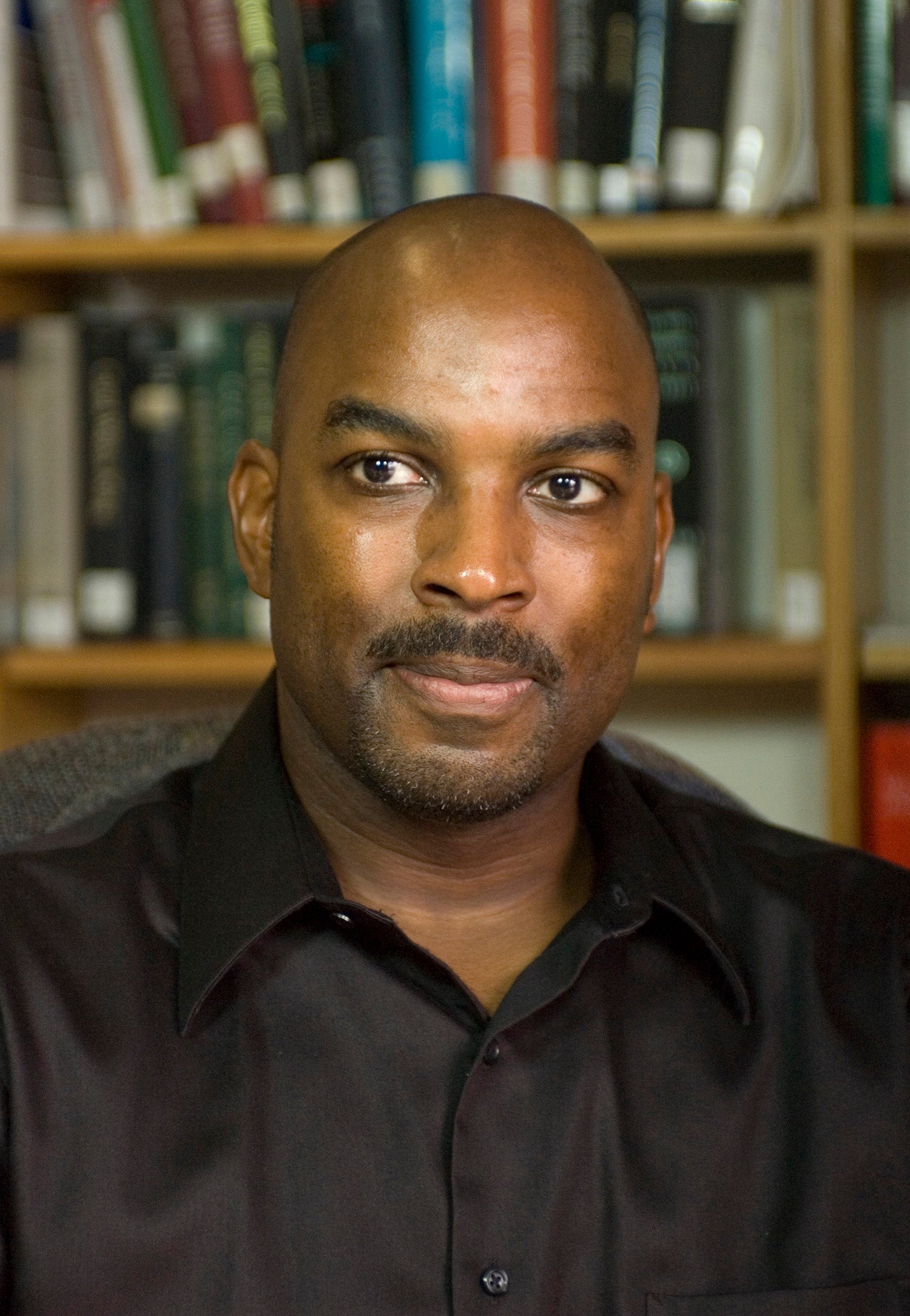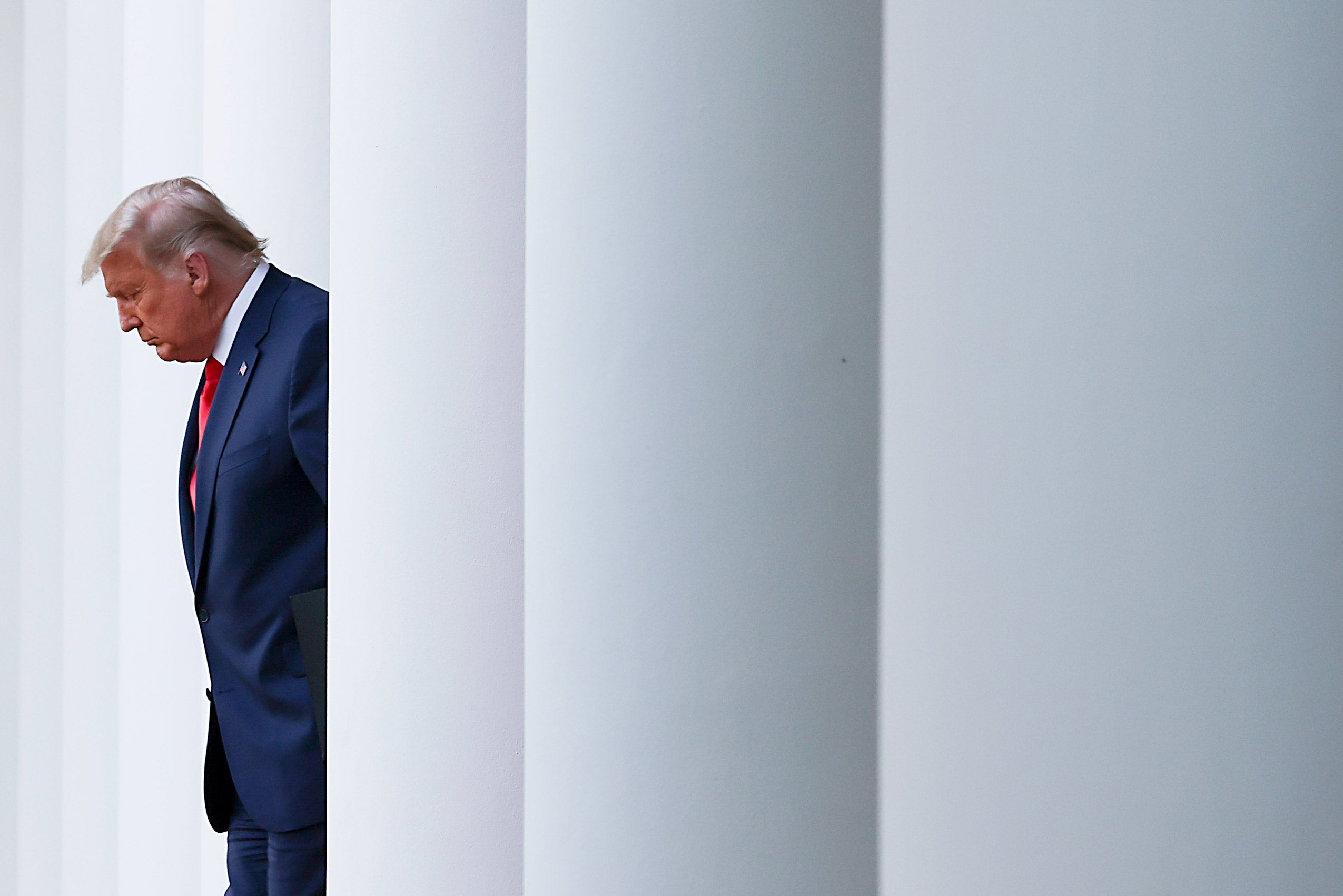As of yesterday evening, Donald Trump is the first president in U.S. history to be impeached twice. If the first Trump impeachment was historic, the second is “extraordinary” in its significance, Harvard Law School Lecturer on Law Stephanie Robinson ’94 said yesterday. And it’s likely to become even more so if Senate Republicans prove willing to break ranks in the days ahead.
As events unfolded on Wednesday, Harvard Law Today asked a number of Harvard Law School faculty to give their reactions.
“It’s historic and unprecedented,” Robinson said. “Since we are in the eye of the storm — and given that we have gone through so much as a nation over the past year — any real-time analysis will likely lack context. But as we step back and strive to do an appropriate postmortem on the past four years, we will see this political moment as extraordinarily dramatic, and not in a good way.”

Robinson was formerly chief counsel for Massachusetts Senator Edward Kennedy during the time of 9/11. “I was literally in the office with the senator and First Lady Laura Bush prepping for an important hearing on education in one of the Capitol hearing rooms when the crisis happened. … At those moments, it is personal; you feel it in your core. That is why I can relate to how the members of Congress must have felt last week; not only them, but everyone who works there, those who cooked, cleaned and served there. … [T]he conduct of this president in the past week borders on dictatorial behavior, and the remaining tool that Congress has is impeachment. We saw an attack not just on the physical beauty of a building, but the very heart of what this democracy is all about. Real people who live and breathe were harmed and we cannot allow that to stand.”
Kenneth Mack ’91, Lawrence D. Biele Professor of Law, looked at the impeachment through his perspective as an historian. “Even in the colonial period, when assemblies were unsure of their ability to remove corrupt and abusive officials from power, impeachment was a way of calling them to account and establishing a record of their misdeeds,” he said. “This week’s unprecedented second impeachment is intended to serve that purpose, which is not to be discounted.

Credit: Phil Farnsworth
“Second, the equally unprecedented number of House members from the president’s own party who voted for impeachment and the choice of some to strongly condemn his actions, raises the prospect that — unlike the impeachments of Presidents Andrew Johnson and Bill Clinton, who were both Democrats — some members of the president’s own party may vote for impeachment in the Senate. Presidential impeachments have been few and thus it’s somewhat difficult to generalize from any one such instance. Still, whatever the Senate disposition, the House approval of an article of impeachment this week blights Trump’s tenure in office and marks it off as different from that of all his predecessors.”
Professor of Law Laura Weinrib ’03, whose work has examined the effects of social movements on political change, took issue with Republicans’ attempts to justify Trump’s Capitol speech via the First Amendment. “The argument appears to be that the president’s remarks weren’t sufficiently explicit to satisfy the Brandenburg test, and so they can’t serve as the basis for impeachment,” she said — referring to Brandenburg v. Ohio (1969), which ruled that the government could not prosecute inflammatory speech unless it made a specific call to action.
“Whether the First Amendment precludes criminally prosecuting the president for his January 6 speech is a complicated question,” she said. “It’s true that the incitement test is far more protective than it was when modern First Amendment doctrine was hashed out in the early-to-mid twentieth century, when convictions for sedition were routinely upheld. At the same time, a speech by a sitting president urging insurrection is far more menacing than what Justice Holmes once described as the ‘surreptitious publishing of a silly leaflet by an unknown man.’
“It’s tempting to elaborate the First Amendment analysis, but the problem is that it’s a red herring. In fact, that appears to be the point: by introducing uncertainty on an unrelated constitutional question, the president’s defenders are attempting to muddy the waters on the impeachment power. How one comes down on the Brandenburg question is all but irrelevant to the question whether Congress can, or should, remove the president from office for his actions. The president has been impeached for betraying his oath of office and for deliberately endangering American lives and American institutions. To couch those actions in terms of free speech is to turn the First Amendment on its head, invoking its values to undermine rather than preserve America’s democratic institutions.”

Senior lecturer Nancy Gertner, a retired federal judge, strongly agreed that Trump’s action on January 6 was impeachable. “If it was not, it is hard to know what is. It is not just the oft-quoted line encouraging his supporters not to be weak; it is also that ‘extraordinary times’ call for extraordinary measures. It is also critical to put his January 6 comments in context—the calls to Georgia officials blatantly soliciting election interference and, with the reference to [Georgia Secretary of State Brad] Raffensperger’s actions as a possible ‘crime,’ bordering on extortion, the calls to [Vice President Michael] Pence to act illegally, interference with the D.C. U.S. attorney to start an investigation into election fraud (which I am confident included something like ‘or else.’) Finally, I am confident that after he leaves office and his already leaky staff leaks some more, we will hear more about phone calls exhorting public officials to violate the law.”

Credit: Phil Farnsworth
Michael Klarman, Kirkland & Ellis Professor of Law, emphasized that the speech in which Trump incited violence at the Capitol was part of a longstanding pattern, one which many in his party allowed or endorsed. “Republican politicians overwhelmingly have remained silent in the face of Trump’s repeated exhortations to violence beginning with his 2016 presidential campaign. Candidate Trump regularly incited crowds to ‘knock the crap’ out of protestors, and he offered to pay the legal expenses of anyone doing so. As president, he encouraged the police to rough up criminal suspects and expressed admiration for Montana Republican congressional representative (now Governor) Greg Gianforte, who had physically assaulted a reporter during his 2017 special-election campaign. Trump has warned that immigrants being blocked at the border who threw rocks at American soldiers might be shot, and he has threatened war crimes against foreign foes and pardoned American war criminals. … Such incitements to violence came home to roost well before last Wednesday’s insurrectionary assault on the Capitol.”
Though he doesn’t argue with Trump’s actions last week being impeachable, Klarman points out that the blame goes further. “Ted Cruz [’95] and Josh Hawley are unfit to sit in the United States Senate because of the leadership roles they played in seeking to block Congress’s counting of the certified electoral votes last week. But they have lots of company among those who set the stage for last Wednesday’s events through their propagation of the great lie of voter fraud and their pusillanimous failures to condemn Trump’s many earlier exhortations to violence.”
